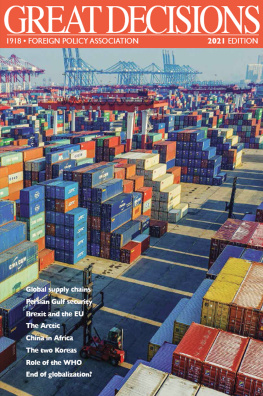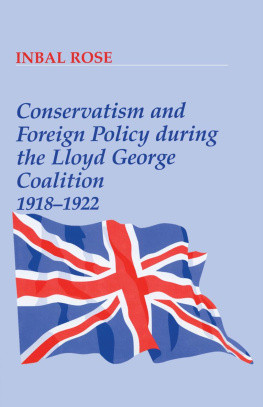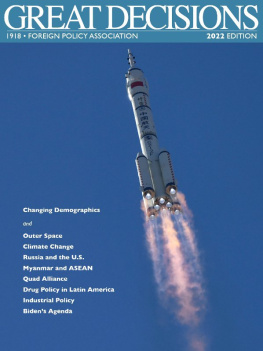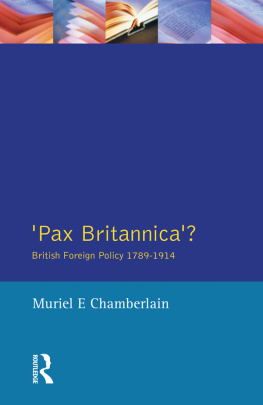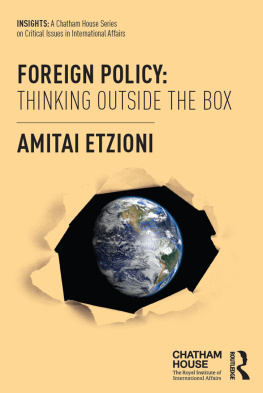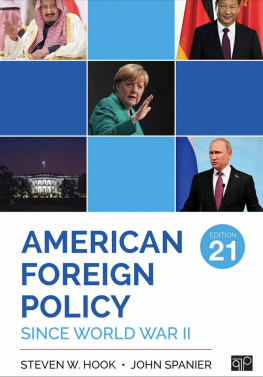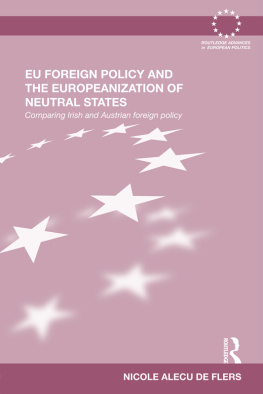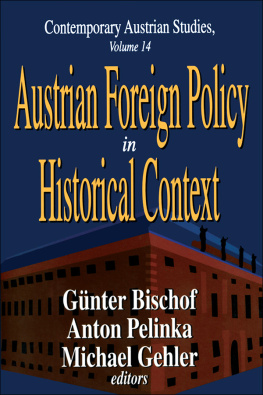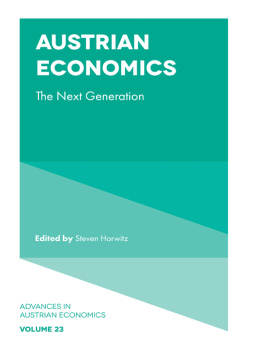Routledge Revivals
AUSTRIAN FOREIGN POLICY
1908-18
First published in 1923 by George Allen & Unwin Ltd.
This edition first published in 2018 by Routledge
2 Park Square, Milton Park, Abingdon, Oxon, OX14 4RN and by Routledge
711 Third Avenue, New York, NY 10017
Routledge is an imprint of the Taylor & Francis Group, an informa business
1923 Taylor & Francis.
All rights reserved. No part of this book may be reprinted or reproduced or utilised in any form or by any electronic, mechanical, or other means, now known or hereafter invented, including photocopying and recording, or in any information storage or retrieval system, without permission in writing from the publishers.
Publishers Note
The publisher has gone to great lengths to ensure the quality of this reprint but points out that some imperfections in the original copies may be apparent.
Disclaimer
The publisher has made every effort to trace copyright holders and welcomes correspondence from those they have been unable to contact.
A Library of Congress record exists under ISBN: 24004305
ISBN 13: 978-1-138-55183-1 (hbk)
ISBN 13: 978-1-315-12246-5 (ebk)
AUSTRIAN FOREIGN POLICY
1908-18
First published in 1923
(All rights reserved)
Printed in Great Britain by
UNWIN BROTHERS, LIMITED, THE GRESHAM PRESS, LONDON AND WOKING
IN the summer of 1922 Professor Pribram was invited to deliver three lectures on the Foreign Policy of Austria before the University of London. It was a well-deserved compliment to the most distinguished of living Austrian historians. His writings on the reign of the Emperor Leopold I and his collection of the treaties between his country and our own have long been familiar to students; but it is through The Secret Treaties of Austria-Hungary that his name has become known to wider circles. When the realm of the Habsburgs ceased to exist in 1918, he obtained permission from the Government of the Austrian Republic to examine and publish the agreements concluded between 1879, when the Austro-German Alliance was formed, and the outbreak of the Great War. No single volume published during the present century has thrown such a flood of light on the European system which produced and perished in the catastrophe of 1914. An American translation of the work has appeared, and a French version is in preparation.
The present volume offers a brief but masterly survey of Austrian diplomacy from the annexation of Bosnia in 1908 to the collapse of the Central Powers in 1918. In addition to furnishing information based on the Vienna archives, it enables us to form a clearer vision of the policy and personality of Aehrenthal and Berchtold, Czernin and Burian, of the aged Francis Joseph, the choleric Francis Ferdinand and the luckless Charles. But the main value of the lectures is that they narrate the origins and vicissitudes of the greatest struggle in history, as they are reflected in the lens of a highly-trained and singularly dispassionate mind in Central Europe. If we are to understand the conflict, we must inquire how its problems strike observers not only in London and Rome, Paris and Petrograd, but in Berlin and Vienna, Budapest, Sofia and Constantinople. It is of special importance for us in the West of Europe to realize the nature of the rivalry between Austria and Russia, which was the main cause of the war of 1914.
I commend this little book to the attention not only of historical students, but of all who take an intelligent interest in foreign affairs.
G. P. GOOCH.
THE following account of Austrian Foreign Policy and its directors during the decade 190818 coincides in part with that contained in the articles contributed by me in 1921 to the new volumes of the Encyclopedia Britannica (12th edition, 1922). My grateful acknowledgments are due to the Editor and Proprietors of that work for permission to reproduce the substance of them in these pages. I have, however, taken the opportunity to embody such corrections and changes as were required by there not having been time, before the Encyclopedia articles were printed, for the English translations of my German originals to be submitted for my own revision. Thus the present text, in so far as it may occasionally differ from corresponding passages there, is that which is to be preferred as more exactly representing the statements for which I assume responsibility.
Not wishing to exceed the limits allotted to me, I have had to refrain from quoting the documents and books of which I have made use. The former were derived without exception from the Vienna State Archives. The second and third volumes of Friedjungs Das Zeitalter des Imperialismus, which was left unfinished at the authors death in 1920 and revised by myself, contain most valuable material. For the opening remarks on the internal development of the Monarchy which were for the purpose of introducing an English audience to this extremely complicated problemI have used, in addition to other authorities, the first section of Josef Redlichs book, Das Osterreichische Reichs- and Staats-problem, published in 1920.
A. F. PRIBRAM.
VIENNA, February, 1923.
AUSTRIAN FOREIGN
POLICY
Before the War
190814
THE final chapter of the foreign policy of Austria-Hungary, which ended with the collapse of the old Monarchy, may be regarded from various points of view : the philosophical, the moral, the political, and the purely historical. I have chosen the last, though I am quite aware that it is the least attractive; I have done so because from this angle alone can I hope to shed new light upon the subject, and because I believe that the period is still too recent to be judged from any higher standpoint. Furthermore, I shall carefully avoid taking any stand with regard to the question of the causes which have led to the great conflict of nations. For in my opinion these causes are too manifold and too deep-rooted to be summed up in common phrases about Austria-Hungarys wish to expand her spheres of influence in the Balkans, Germanys striving for world-power, Russias longing for the warm water, the irrepressible desire of France to recover Alsace-Lorraine, or Englands uneasiness about the growth of Germanys fleet and commerce. To inquire more deeply into the nature of these causes would necessitate a detailed account, which will not be possible until the archives of all the belligerent nations are made accessible to serious scholars. That is what I desire with all my heart; but I am afraid it will be a very long time till the example of Austria-Hungary and Germany is followed by the other belligerent nations. Then, and only then, will it be possible to determine what degree of so-called guiltI would prefer to say responsibilityrests on individual peoples, not to say individual men, for having precipitated the World War. The task I have set myself is more restricted. My object is only to present the most important facts of Austria-Hungarys foreign policy in the years 190818, and their causal connections, without any political or moral reflections. I wish to emphasize that this policy was the work of the Austro-Hungarian Government, not of the people of that State. For the people had no decisive active part in foreign policy, either directly or indirectly through their representatives in Parliament, where, in fact, a strong party of prominent members disapproved the policy of the Government. The foreign policy of Austria-Hungary was the work of the Sovereign and of a few men in office. To what degree these men were affected by the attitude of the various nationalities, by party influences, by the traditions of the social class to which they belonged, would be an exceedingly interesting subject for historical research, which I, however, must ignore; since I fear that even my more restricted treatment of the subject will make very considerable demands upon your attention and patience. But I hope that you will not find it entirely without interest to hear, for the first time, an accountbased on the impartial examination of the documentsof events during the last fateful decade of the Austro-Hungarian Monarchy.



